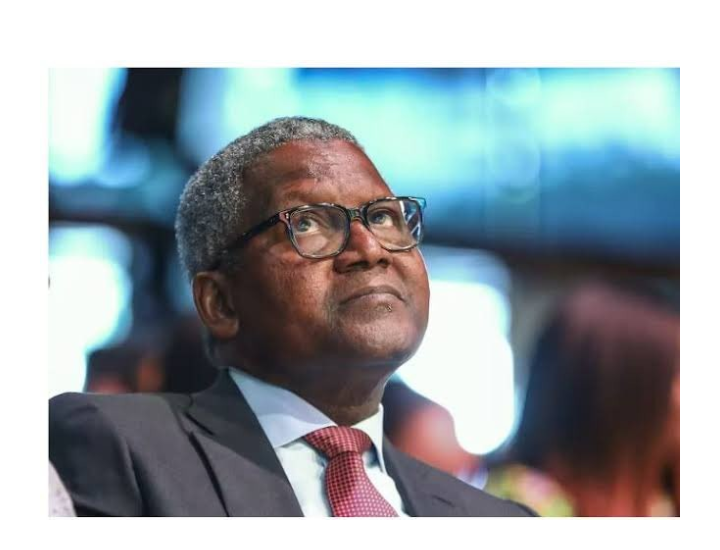Depot Marketers Lament Dangote’s Direct Fuel Distribution Plan(depotdata.ng)

Depot Marketers Lament Dangote’s Direct Fuel Distribution Plan(depotdata.ng)
Following Dangote Petroleum Refinery’s announcement to begin direct nationwide distribution of petrol and diesel from August 15, members of the Dangote Marketers Group, a platform of licensed depot marketers, have raised serious concerns, describing the development as a “death sentence” for their role in the downstream value chain.
The marketers, who serve as intermediaries between depot owners and fuel station operators, fear that the refinery’s new strategy of bypassing traditional middlemen and offering direct sales and logistics to end users will put them out of business.
“SUPPLY CHAIN IS DEAD,” one marketer declared bluntly in the group chat. Others called it an “evolution disguised as revolution” and warned that jobs, businesses, and even families would be affected by the ripple effects.
Middlemen Fear Being Cut Out of the Game
Traditionally, independent marketers operate as financing and logistics bridges between depots and retail stations. Fuel station owners often rely on them for credit, loading processing, and truck mobilization. However, Dangote’s new model offers direct sales, embedded logistics with 4,000 CNG-powered trucks, and even credit for bulk buyers, effectively removing the need for intermediaries.
“Now imagine manufacturers boycotting middlemen and going straight to end users,” lamented Black Bishop, another group member. “End users will receive sealed, tamper-proof products delivered on time. All hell is about to break loose.” Mide Leo exclaimed.
Industry Shock: “Businesses Will Fold Up”
Another marketer, Mide Loe, narrated how one of his clients, who owns over 15 haulage trucks, went silent after hearing the news.
“His silence was deafening,” Joe wrote. “Businesses will fold up. Homes will be broken. Fathers and mothers will be rendered jobless. This is sad.”
Several members argued that Dangote’s model, while innovative, is a threat to the existing ecosystem that supports thousands of workers in haulage, Depot representatives, and logistics.
“Everyone dey collect… depot owners, importers, marketers, truckers, PTD, baranda” said Peter Akande, voicing frustration over the perceived monopoly.
Regulatory Vacuum Raises Alarm
Some marketers also questioned the silence of industry regulators like NMDPRA and the defunct PEF, which had developed the Aquila tracking platform. “What are the regulators doing? Someone should provide rules of the game,” said Stephen, emphasizing the need for policy safeguards to protect existing players.
They expressed concerns that Dangote’s growing influence, especially after President Tinubu’s visit to the refinery last week, could tilt the market unfairly in his favour.
“This isn’t a revolution. It’s the beginning of a one-man show in the downstream sector,” warned another group member. “May Nigeria succeed, but the market must remain competitive.”
Skepticism Over Sustainability
Others pointed out that while the offer of free transportation sounds attractive, its sustainability is questionable.
“Let’s ask him how he intends to cover the cost of transportation. Is it embedded in product pricing? Will it lead to a price increase?” asked Black Bishop .
Olawunmi Ilesanmi cited NMDPRA data suggesting that Dangote currently covers only 40% of national fuel demand, implying that a total takeover is far from guaranteed.
A Reshaped Market, or a Risky Overreach?
Dangote’s plan to overhaul fuel distribution in Nigeria may offer efficiencies and cost savings to end users. But it also threatens to upend a complex ecosystem that thousands depend on for their livelihoods.
While some hail it as progress, others warn that monopolistic tendencies and regulatory inaction could create new distortions in a market already reeling from subsidy removal and import dependency.
As the August rollout nears, all eyes will be on how regulators, competitors, and consumers respond to this seismic shift in Nigeria’s fuel supply chain.